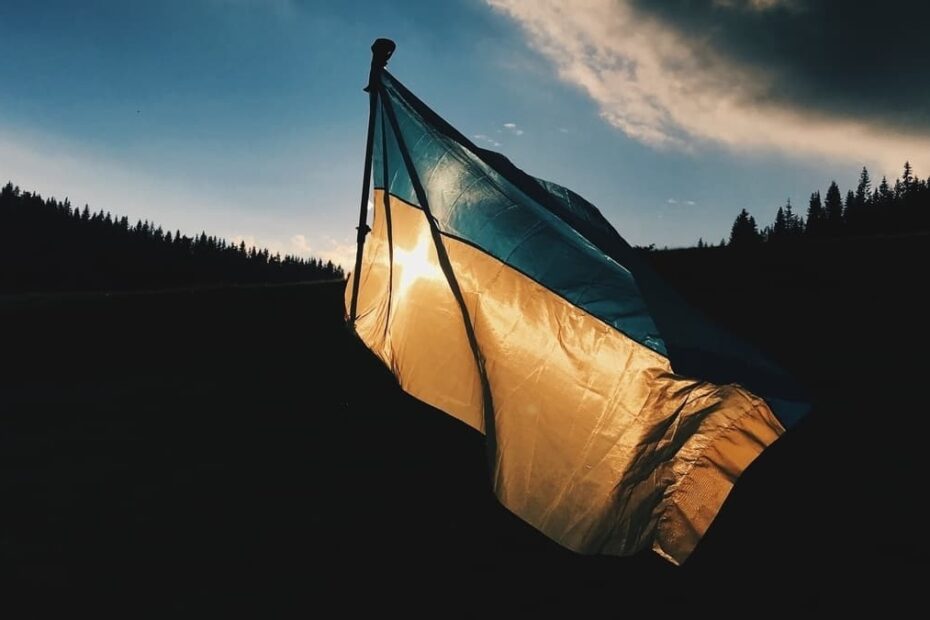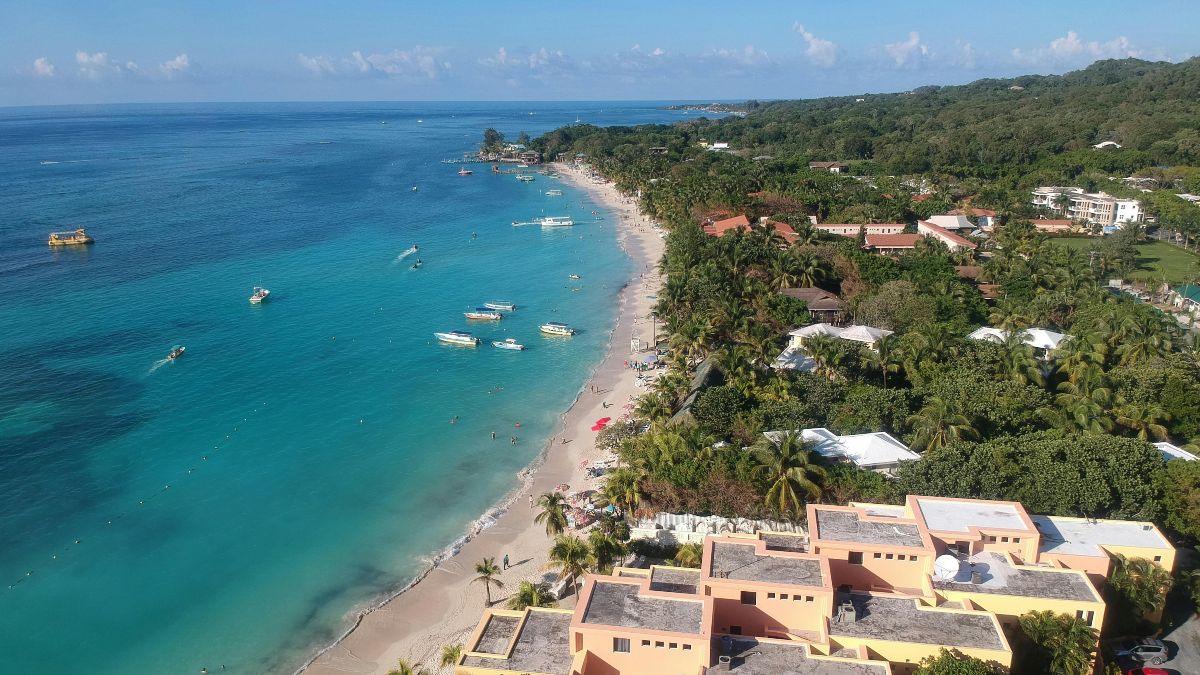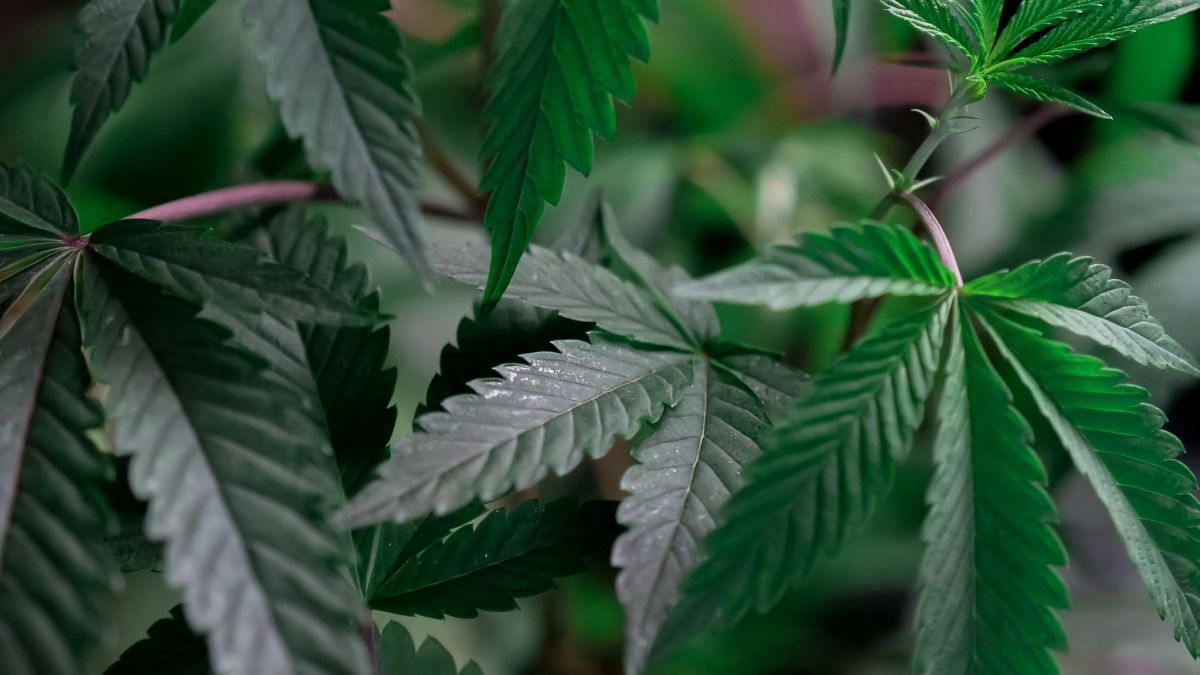How will the Ukraine crisis impact Central America? Nestor Quixtan looks at the possible political, military, and economic effects of the war on Central America.
Yesterday, the Guatemalan government announced it was withdrawing its ambassador to Russia. The move did not come as a surprise. Guatemala President Alejandro Giammattei has been outspoken in his support for Ukraine.
Indeed, Guatemala has clearly chosen to take a side in this crisis and condemn Russia’s actions. This position pretty much echoes that of the United States.
Withdrawing Guatemala’s ambassador from Moscow doesn’t mean an end to bilateral Guatemala-Russia relations, but it certainly points a finger in that direction.
We strongly condemn the military invasion of Ukraine by the Russian Federation, an action that breaches the principles of the Charter of the United Nations, international law, and international treaties.
— Alejandro Giammattei (@DrGiammattei) February 25, 2022
Russia’s invasion of Ukraine has drawn worldwide disapproval, including in Central America.
Nicaragua has been the only Central American nation so far to support Russia. Nicaraguan dictator Daniel Ortega has been outspoken about his support, even hosting a visit from Russia’s Deputy Prime Minister Yuri Borisov as the invasion started.
Ortega is one of the only world leaders to follow Russia in recognizing the independence of the breakaway Ukrainian regions of the “Donetsk People’s Republic” and “Lugansk People’s Republic”. (Venezuela and Cuba being the other countries in this part of the world.)
Elsewhere in the region, Honduras and Panama have expressed concern over the situation, calling for dialog, while not taking open sides (although the noises coming from these countries indicate they’re far more with Ukraine than Russia). El Salvador, for its part, is yet to take an official stance on the conflict.
Meanwhile, like Guatemala, both Belize and Costa Rica have unequivocally denounced Russia.
As events in Europe take a sinister turn with Russia’s invasion of Ukraine, we take a look at what Central American governments are saying about the situation.https://t.co/3jlkYkYdvM
— Central America Living (@VidaAmerica) February 24, 2022
How will the Russia-Ukraine crisis impact Central America?
Despite eastern Europe being thousands of miles away, the reverberations of the Russia-Ukraine conflict will hit Central America in three specific ways.
Political
Eventually, all Central American countries will need to take firm sides. Belize, Costa Rica, Guatemala, and Nicaragua have all done so. Soon, El Salvador, Honduras and Panama will need to.
The conflict runs much deeper than the purported megalomaniacal intentions of Russian President Putin. It underscores the rift between the West and so-called “non-aligned” countries. Do any of the Central American nations want to become a non-aligned nation? The answer seems to be a resounding no.
It’s been reported that the new president of Honduras, Xiomara Castro, has close ties to U.S. Vice-President Kamala Harris. This partnership makes sense, considering the border crisis in the United States. So it’s only a matter of time before Honduras takes the U.S. position. As for El Salvador, despite deep differences between President Bukele and the Biden Administration, it still retains close ties with the United States.
In the end, Nicaragua will remain isolated in Central America. Nicaragua needs Russia to prevail to draw some sort of benefit from this situation. Otherwise, the Ortega regime will face further political and diplomatic backlash.
👉🏿I am not surprised that Daniel #Ortega the #Nicaragua criminal and petty dictator, will defend #Putin’s illegal invasion of #Ukraine #SOSUkraine RT Nicaragua’s Ortega defends Russia’s stance over Ukraine
— Bianca Jagger Nicaraguense por gracia de Dios 🇳🇮 (@BiancaJagger) February 22, 2022
Military
The second dimension in which Central America faces consequences is at a military level. It is important to go back in time to comprehend why this dimension matters now.
Back in 2002-2003, the United States “called its banners” during the lead-up to the Iraq invasion. It sought to form a multilateral coalition that would support its overthrow of the Saddam Hussein regime.
The United States asked Central America to support its efforts. El Salvador, Honduras, and even Nicaragua (pre-Ortega) pledged troops, while Guatemala openly refused. This attitude led to the United States blackballing Guatemala for the better part of a decade. Guatemala faced indirect sanctions, particularly with the UN-led anticorruption commission CICIG.
This time around, no Central American nation can afford to disregard the United States’ call for support.
The easiest way for Central America to jump into the fray would be through a joint CFAC battalion (Conference of Central American Armies). Talks of such an initiative have been going on for years, although there’s never been a reason powerful enough for Central America to join forces.
Now let’s be clear – the chances of Central American troops on the ground in eastern Europe fighting the Russians over Ukraine are (almost – never say never) zero. But the possibility of a wider Russia-U.S. conflict in the future might well put thoughts of a regional military alliance back on the table in some quarters.
Economic
The media has been abuzz with the crisis’s economic impact on Central America.
Undoubtedly, the economic impact of this conflict will only compound the negative effects stemming from the pandemic. At this point, it seems Covid is fading in the rear-view mirror. Central America must now brace for the head-on collision that is mounting inflation.
Soaring fuel prices will hammer Central America’s economy right off the bat. This week, international oil prices sailed past $100 a barrel.
In Costa Rica yesterday, outgoing President Carlos Alvarado announced a bill to freeze the fuel tax in that country, to try and limit the upcoming price hikes due to the war. Chances are, this would have limited impact if passed.
In essence, a chain reaction may ensue from fuel prices soaring throughout international markets. Moreover, any possibility of a world recession may further compound Central America’s outlook.
Central America faces a considerable socioeconomic challenge, given its overwhelming reliance on remittances. If the world economy falls into a recession and remittances begin to dwindle, the prospect of more immigrants heading north could become an even more uncontrollable situation.
Back home, there is no clear pathway for economic development and prosperity. As a result, it seems that Central America is akin to a ship drifting at sea. The world’s economic, political, and military winds will take it wherever they will.
Elaboramos proyecto de ley que congelaría por 1 año el impuesto único de combustibles, renunciando a 4 ajustes trimestrales. Buscamos evitar aumentos en costo y prevenir incrementos en servicios y productos, por ataque de Rusia a Ucrania.
El lunes se presentará ante @asambleacr.— Carlos Alvarado Quesada (@CarlosAlvQ) February 25, 2022
One final thought
It’s evident Central America can’t do much about any of this, other than go with the flow. The region lacks any kind of serious punch to influence any outcomes.
Because of this, it’s in Central America’s best interest to carefully consider policy decisions concerning Ukraine. Any ill-advised decision could come back to haunt the region years, even decades, from now.
After all, Guatemala hosted President Putin back in 2007. Following that visit, Guatemala and Russia formalized diplomatic relations. Russia was the first country Guatemala turned to when it needed COVID vaccines.
Such an abrupt diplomatic about-face may come back to haunt future Central American administrations.
Nestor Quixtan is a Canadian/Guatemalan economist, linguist, and writer. He lives in Guatemala City, Guatemala.




